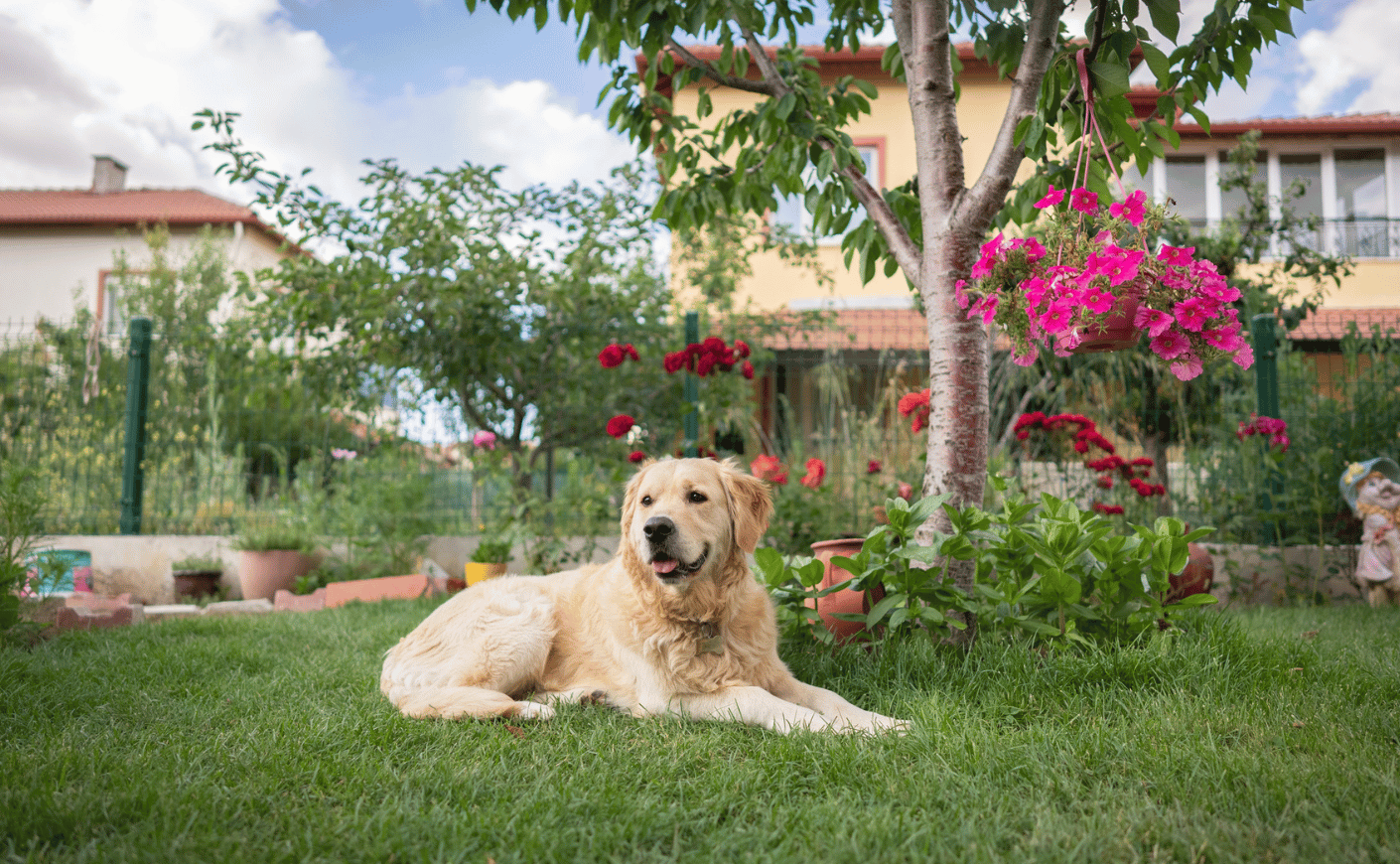A tidy yard shouldn’t come at a cost, but that’s the dilemma many homeowners face. You want your lawn and garden area to look clean and cared for, without a weed in sight, but the options for getting there often feel like a lose-lose. Most weed killers promise quick results, but also contain unpleasant smells and warnings to keep kids and pets away.
And those concerns aren’t unfounded. Research shows that many traditional herbicides don’t just kill weeds; they can also harm pollinators like bees. Over time, the cumulative impact of these harms contributes to declining bee populations, raising serious concerns about biodiversity loss and the ongoing risk of bee extinction.
While natural alternatives do exist, they’re often inconsistent, vague on ingredients, and simply ineffective. It’s no wonder many homeowners and gardeners still default to chemical solutions, even if they don’t feel great about it.
But what if there was a third option? Something that worked quickly and was safe for use around people, pets, and bees when used as directed? A new weed and grass killer, five years in the making, has entered the chat.
A simpler and smarter solution for killing weeds
Developed by a team of scientists at P&G, the herbicide Spruce uses a short list of nine ingredients to deliver visible results in one hour and dead weeds in one day. Among them: cornmint oil, geraniol, and sodium lauryl sulfate (commonly used in soap). These work together to break down the waxy layer on a weed’s surface and dehydrate the plant from the top down. “You’ll start to see discoloration and wilting begin almost immediately,” says Mary Jane Watson, a senior scientist who helped develop the formula. “It’s dead within a day.”
Watson, who’s worked on product innovation at P&G for nearly 30 years, says Spruce was designed to address a longstanding gap in the lawn and garden market. “The biggest misunderstanding is that weed killers with simple ingredients can’t be effective,” she says. “That’s just not true.” And she adds, “Another myth is that hand-pulling weeds is the best method, but that’s not necessarily the case.” That’s because many weeds can regrow from the roots left behind, making manual removal more time-consuming.
Clear ingredients, full transparency
One of the first things people notice when they try Spruce? The aroma. If you’ve ever walked through the lawn care aisle at a hardware store, you know that overpowering chemical odor that seems to cling to everything. Spruce is different. Thanks to its essential oil base, particularly cornmint, it smells lightly minty, not medicinal.
“It’s one of the things we hear most often: People are surprised it doesn’t smell like a weed killer,” says Watson. “That wasn’t something we set out to do, but it’s been a welcome discovery.” Transparency is another big part of the product’s identity. The nine ingredients are listed on the label, along with their respective purposes. The substance even comes in a clear bottle, something Watson says was a deliberate design choice. “People should be able to see what they’re spraying and know what’s in it.”
Walking the walk
Of course, safety claims in this space can sometimes sound more like marketing than science. That’s why Spruce has gone after third-party certifications, earning the Good Housekeeping Seal, USDA Biobased certification, and Parent Tested Parent Approved (PTPA) status. It’s also partnered with animal welfare organizations like Best Friends Animal Society, Fear Free Pets, and SPCA Cincinnati.
“These endorsements help show that we’re not just saying it’s safe. It truly is,” says Watson. “We’ve been really intentional about earning consumer trust in ways that go beyond the bottle.”
Rethinking what weed control can look like
Ultimately, what Spruce offers isn’t just a new tool for tackling weeds…it’s a shift in what consumers can expect from weed control itself. “People want to take care of their yards, but they also want to take care of their families, pets, and the planet,” says Watson. “They shouldn't have to choose one over the other.” It’s not just about eliminating weeds; it’s about eliminating the compromises that usually come with them.












